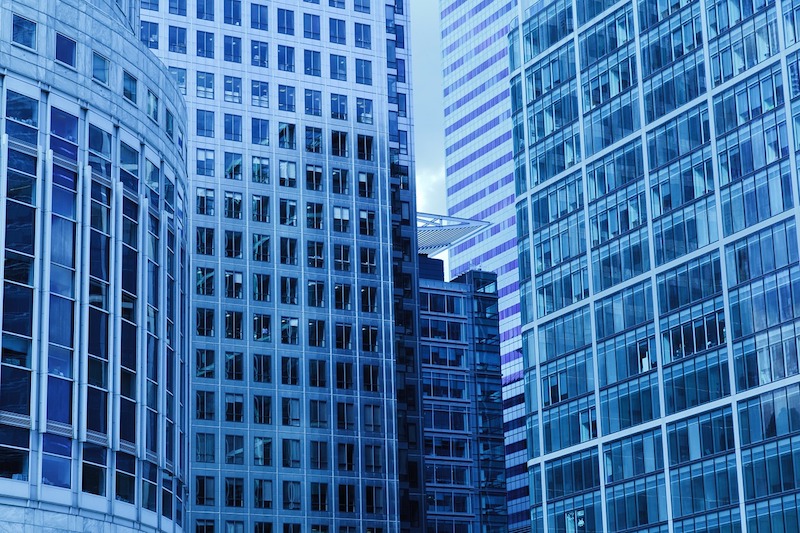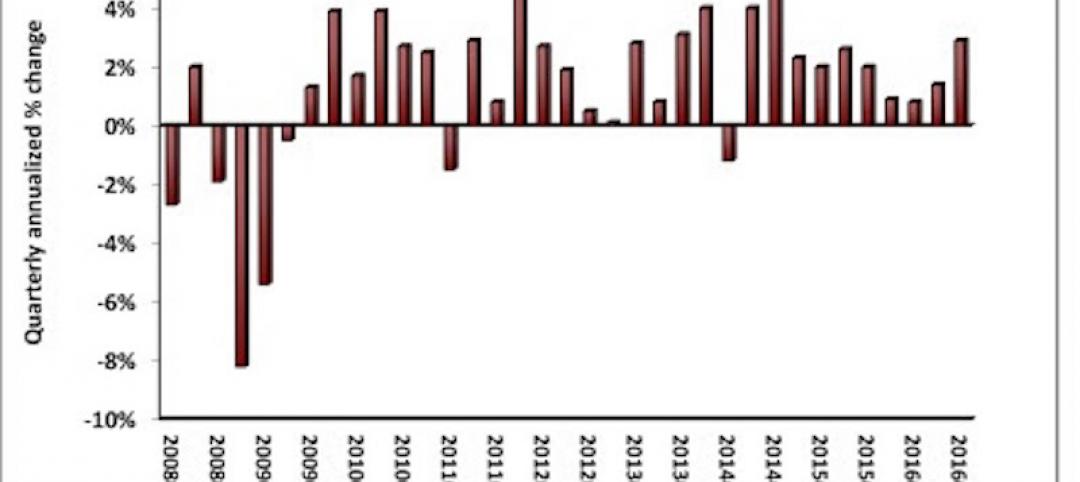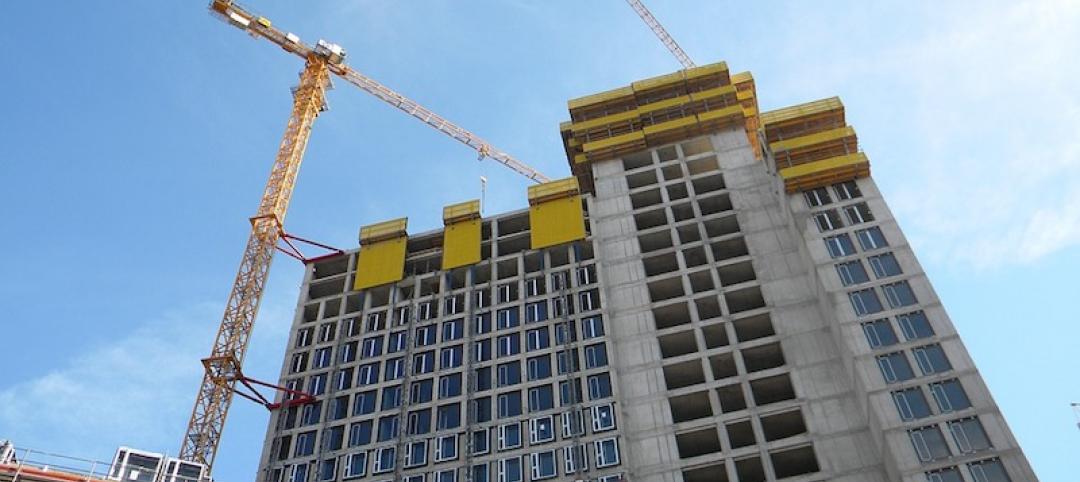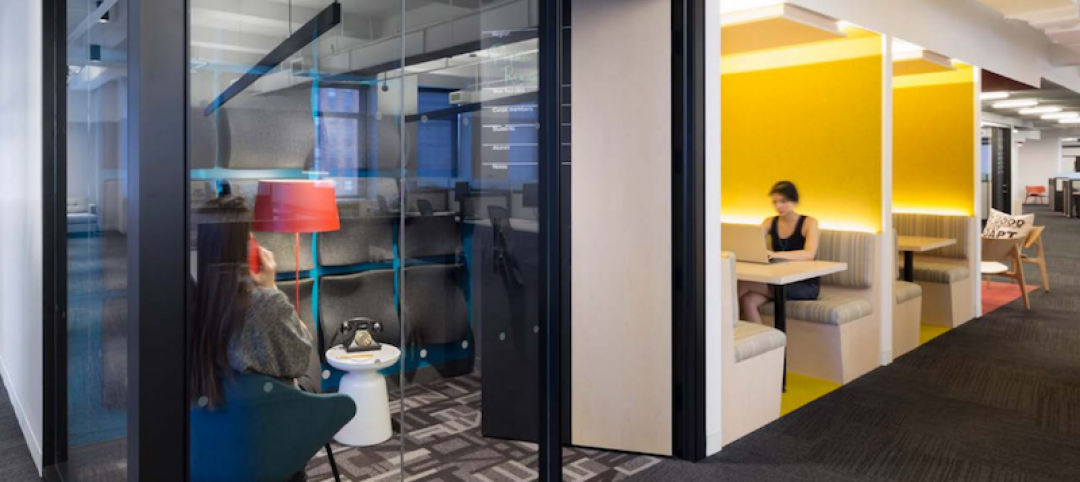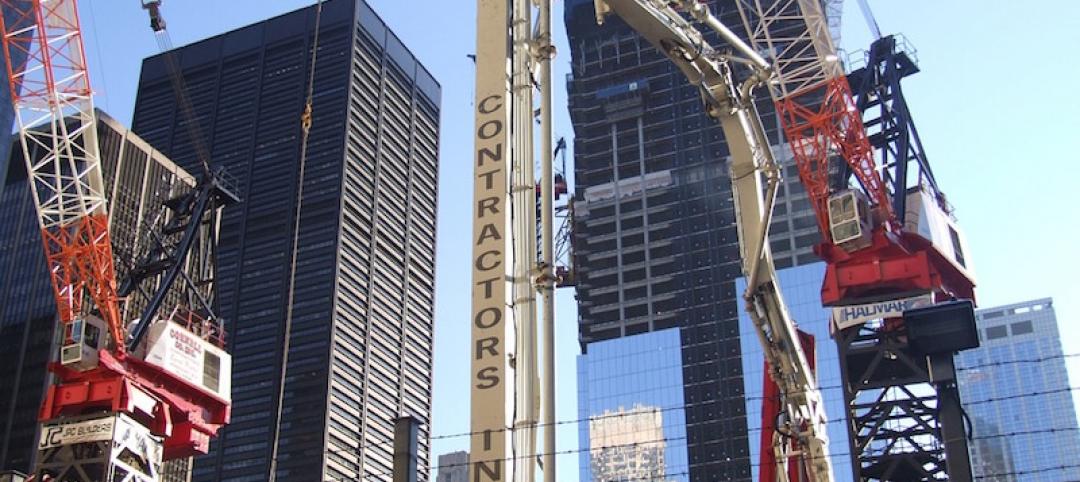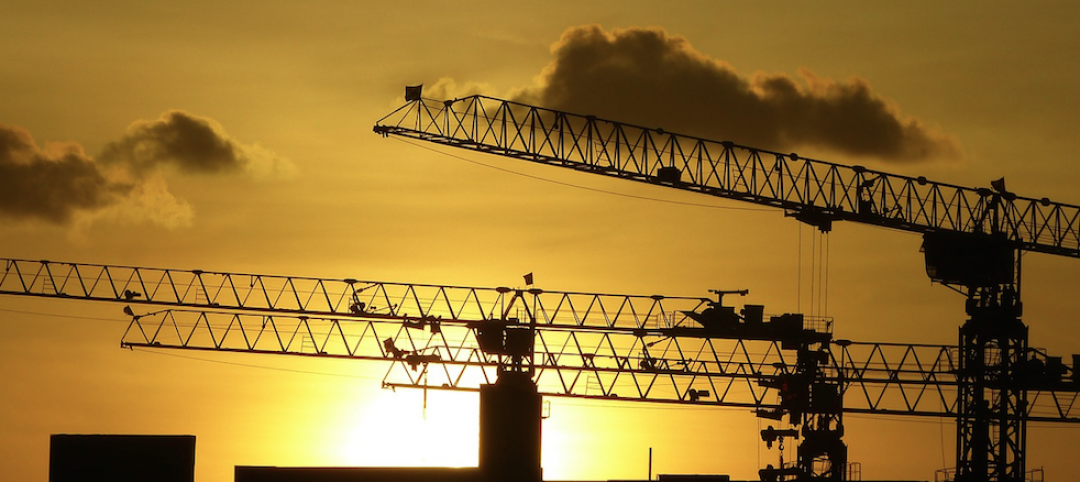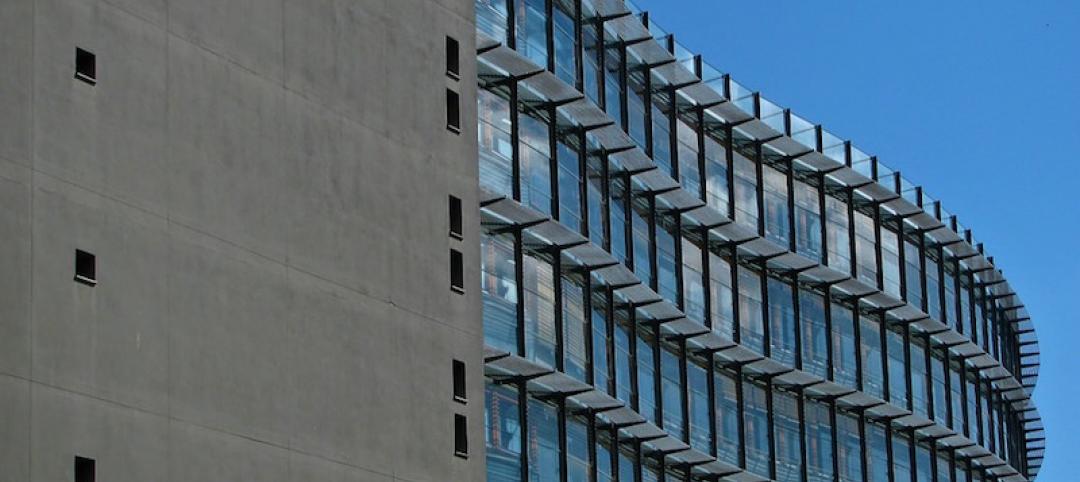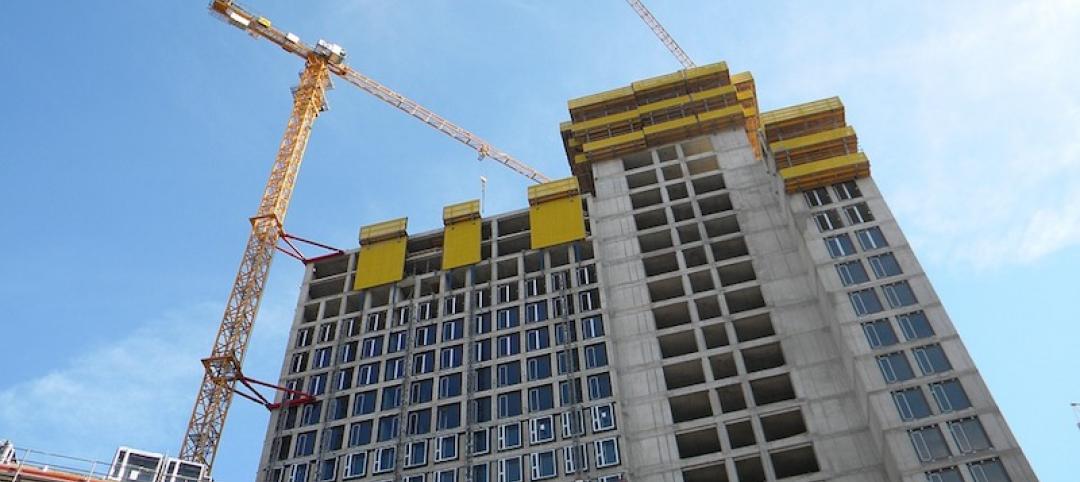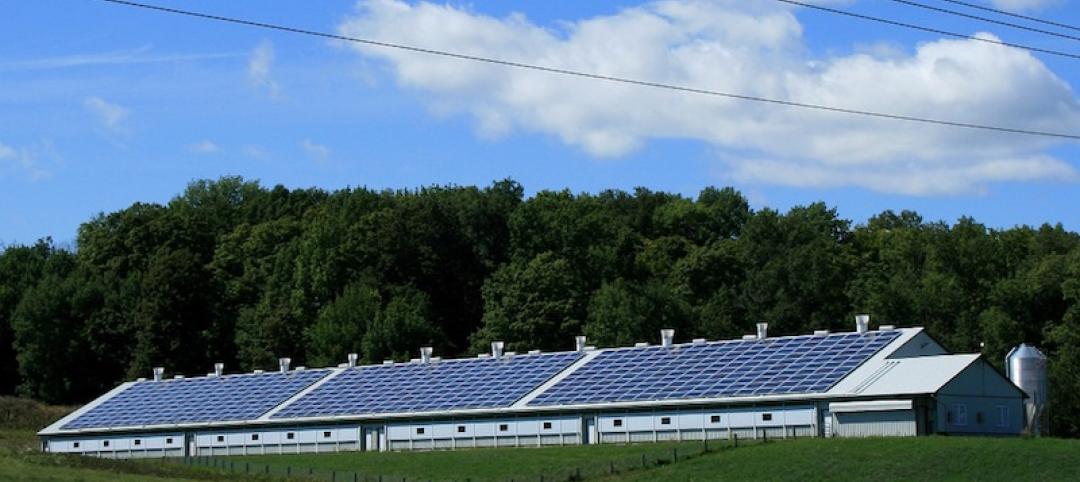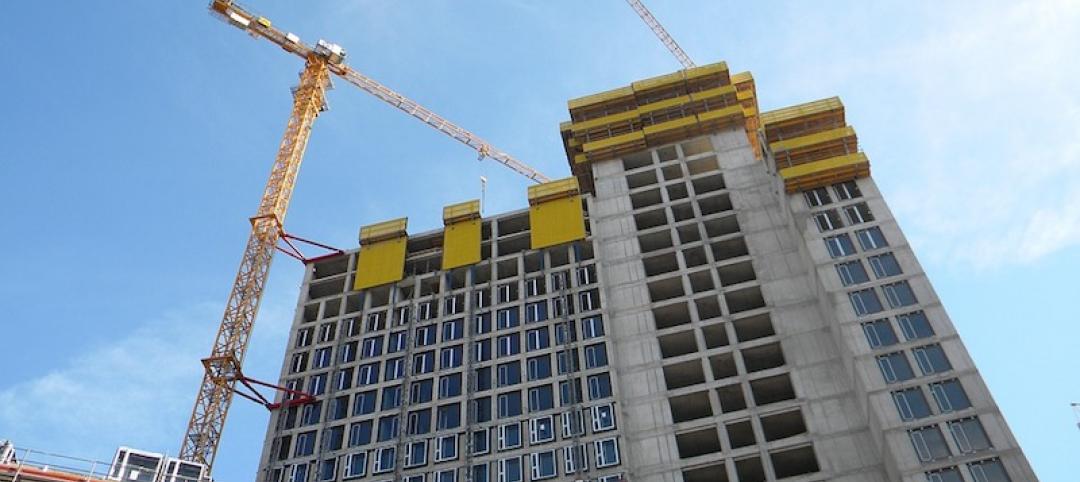Construction spending is projected to grow through 2019, according to a new consensus forecast from The American Institute of Architects (AIA).
Spending on nonresidential buildings nationally increased only modestly last year, barely outpacing inflation in building costs. Halfway through the seventh year of continuous growth for the cyclical construction industry, 2018 might have looked to be the year that the industry would enter another recession. However, when polled at the beginning of this year, the AIA Consensus Construction Forecast Panel—consisting of leading economic forecasters— instead saw an acceleration in activity, projecting 4.0 percent growth in 2018 and a nearly equal 3.9 percent in 2019.
See Also: U.S. multifamily rents reach new heights in July
“At the halfway point of the year, this panel is even more optimistic,” said AIA Chief Economist Kermit Baker, Hon. AIA, PhD. “Their forecasts have been marked up to 4.7 percent growth in spending for this year and an additional 4.0 percent in 2019. If these projections materialize, by the end of next year the industry will have seen nine years of consecutive growth, and total spending on nonresidential buildings will be 5 percent greater—ignoring inflationary adjustments—than the last market peak of 2008.”
The AIA Consensus Construction Forecast panel is comprised of Dodge Data & Analytics, Wells Fargo Securities, LLC, IHS Economics, Moody’s Economy.com, ConstructConnect, Associated Builders & Contractors, and FMI. The forecast has been conducted for 18 years.
Learn more about the Consensus Construction Forecast online.

Related Stories
Market Data | Oct 31, 2016
Nonresidential fixed investment expands again during solid third quarter
The acceleration in real GDP growth was driven by a combination of factors, including an upturn in exports, a smaller decrease in state and local government spending and an upturn in federal government spending, says ABC Chief Economist Anirban Basu.
Market Data | Oct 28, 2016
U.S. construction solid and stable in Q3 of 2016; Presidential election seen as influence on industry for 2017
Rider Levett Bucknall’s Third Quarter 2016 USA Construction Cost Report puts the complete spectrum of construction sectors and markets in perspective as it assesses the current state of the industry.
Industry Research | Oct 25, 2016
New HOK/CoreNet Global report explores impact of coworking on corporate real rstate
“Although coworking space makes up less than one percent of the world’s office space, it represents an important workforce trend and highlights the strong desire of today’s employees to have workplace choices, community and flexibility,” says Kay Sargent, Director of WorkPlace at HOK.
Market Data | Oct 24, 2016
New construction starts in 2017 to increase 5% to $713 billion
Dodge Outlook Report predicts moderate growth for most project types – single family housing, commercial and institutional building, and public works, while multifamily housing levels off and electric utilities/gas plants decline.
High-rise Construction | Oct 21, 2016
The world’s 100 tallest buildings: Which architects have designed the most?
Two firms stand well above the others when it comes to the number of tall buildings they have designed.
Market Data | Oct 19, 2016
Architecture Billings Index slips consecutive months for first time since 2012
“This recent backslide should act as a warning signal,” said AIA Chief Economist, Kermit Baker.
Market Data | Oct 11, 2016
Building design revenue topped $28 billion in 2015
Growing profitability at architecture firms has led to reinvestment and expansion
Market Data | Oct 4, 2016
Nonresidential spending slips in August
Public sector spending is declining faster than the private sector.
Industry Research | Oct 3, 2016
Structure Tone survey shows cost is still a major barrier to building green
Climate change, resilience and wellness are also growing concerns.
Industry Research | Sep 27, 2016
Sterling Risk Sentiment Index indicates risk exposure perception remains stable in construction industry
Nearly half (45%) of those polled say election year uncertainty has a negative effect on risk perception in the construction market.


